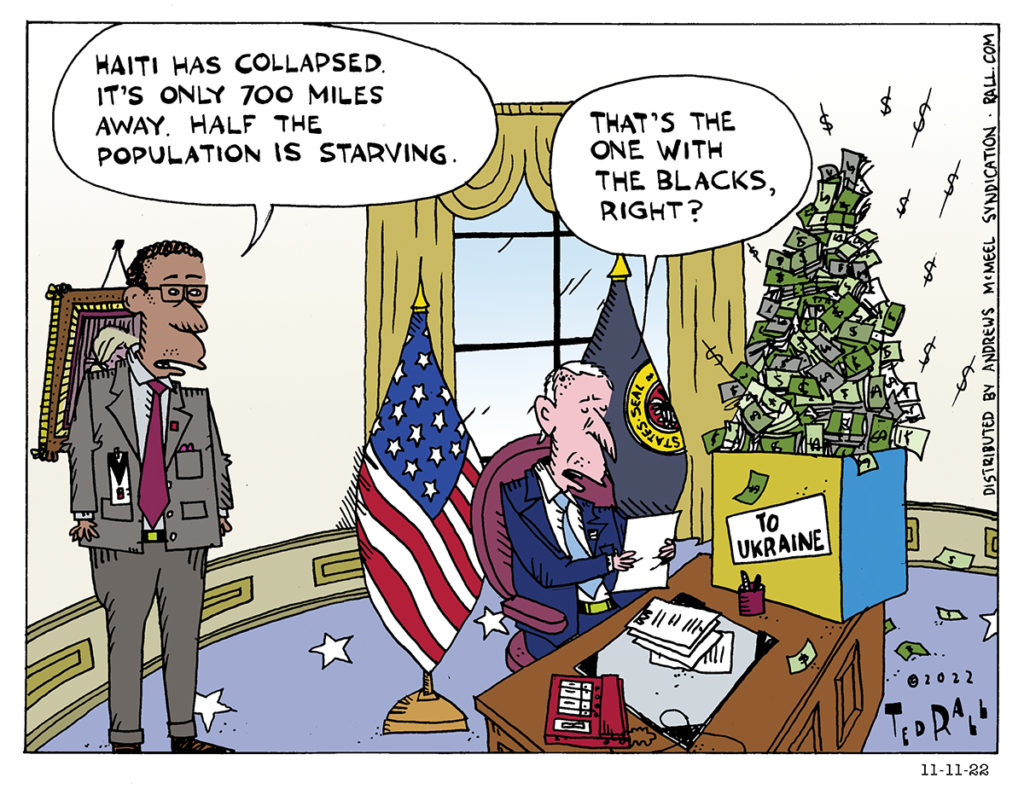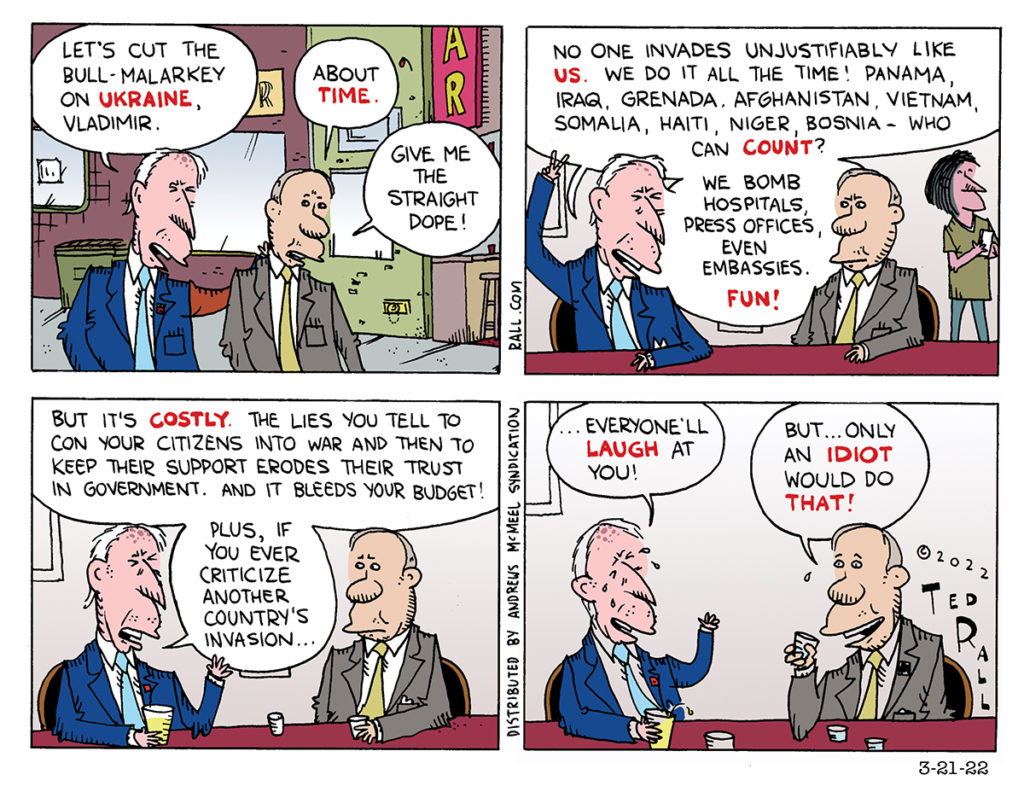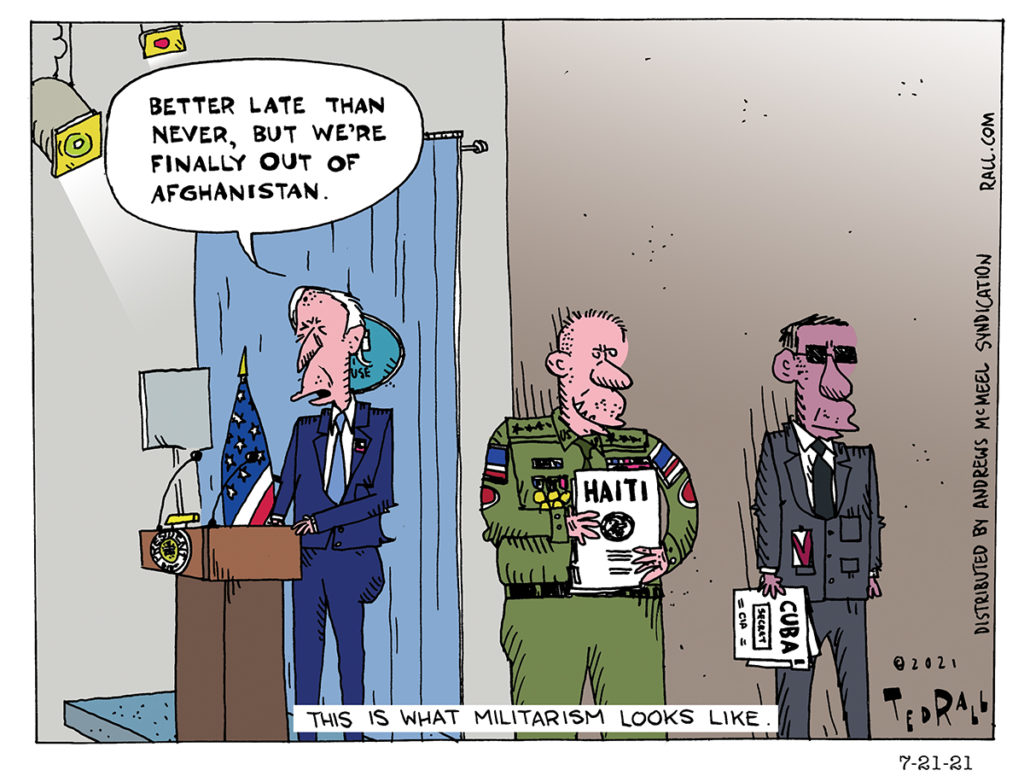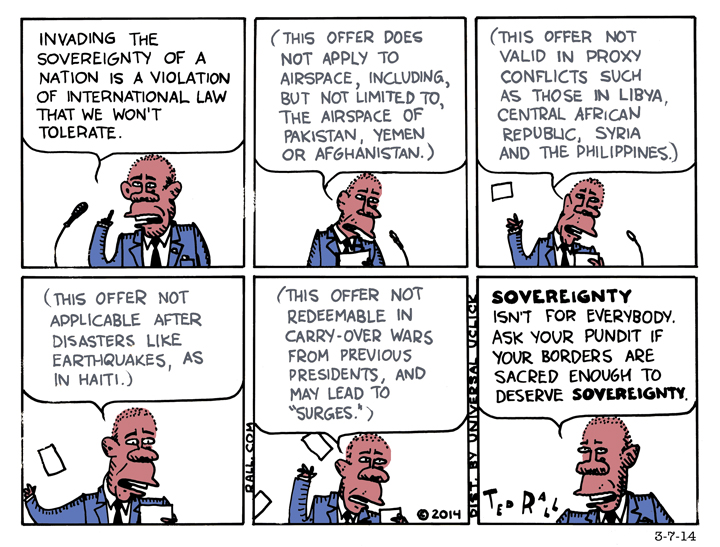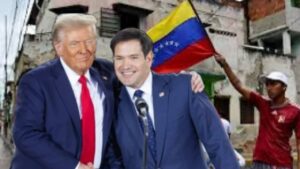 Secretary of State-designate Marco Rubio has flown under the radar as the media spotlight shines a light on controversial cabinet picks like Matt Gaetz and RFK Jr. In many ways, however, Rubio—who will head the first or second most powerful federal department alongside Defense and will be on the short list in the presidential line of succession—is the most extreme and radical of them all.
Secretary of State-designate Marco Rubio has flown under the radar as the media spotlight shines a light on controversial cabinet picks like Matt Gaetz and RFK Jr. In many ways, however, Rubio—who will head the first or second most powerful federal department alongside Defense and will be on the short list in the presidential line of succession—is the most extreme and radical of them all.
Rubio, an unreconstructed neoconservative who would have been home in the Bush Administration that brought about the misbegotten war against Iraq, is exactly the kind of DC swamp creature Trump promised to purge. And he’s espoused extremist militarist positions against Latin American nations like Venezuela, Nicaragua snd Cuba. He’s out to pick a fight with China.
On today’s The TMI Show, co-hosts Ted Rall and Manila Chan are joined by human rights, labor rights, and peace activist Dan Kovalik, to explain how State became more militaristic than Defense, why Trump picked a member of the DC “blob”for State and what it means for Trump’s foreign policy.


